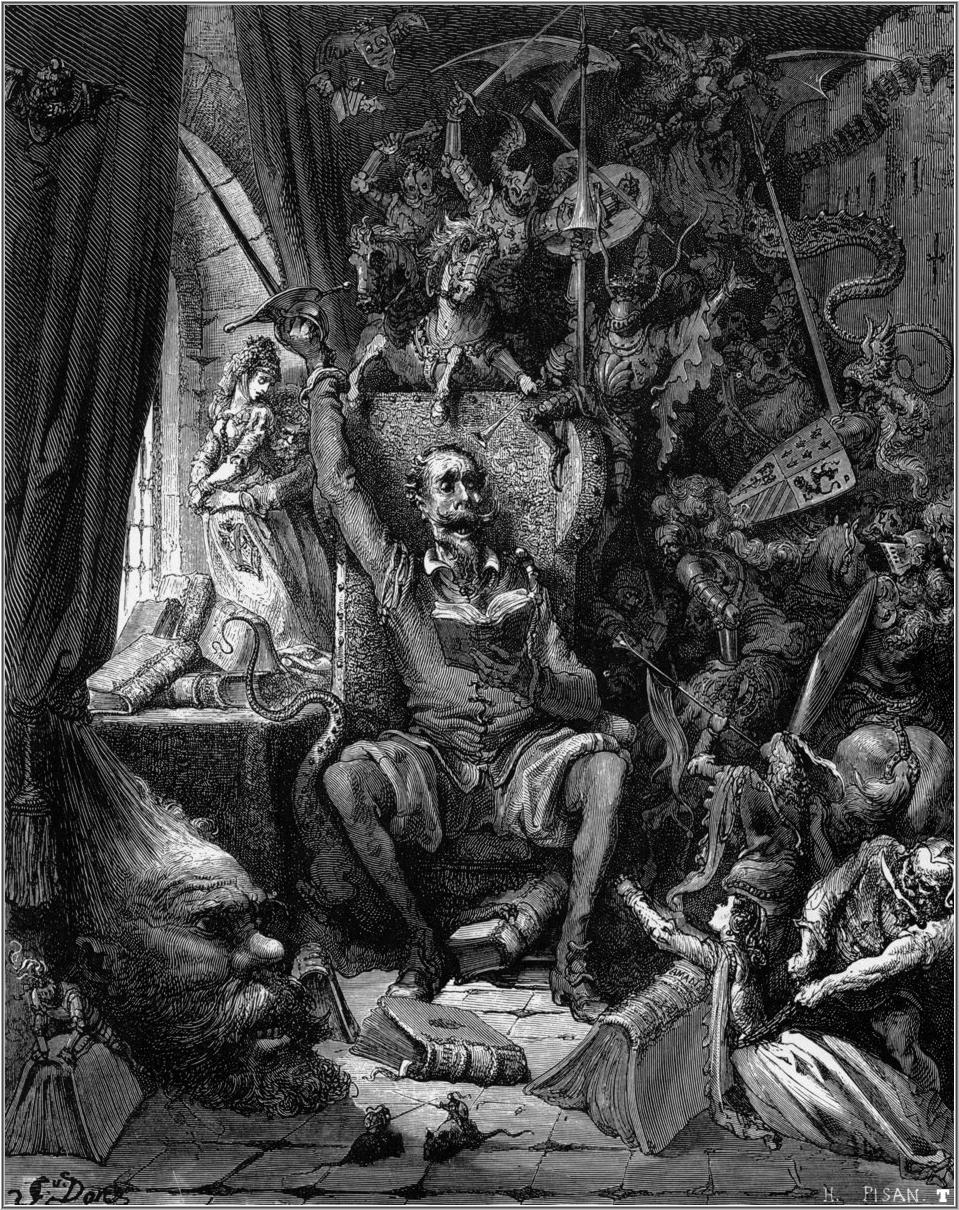(From my book Narrative Madness, which can be acquired at narrativemadness.com or on Amazon.)
All names are fictions, including the one that is closest to myself, that intimate name of names, my name for myself. For even the precious word “I” – which rises like a monolith above my head, promising singularity and unity – is an invented word, not a natural concept.

“I” is not a person. “I” is a letter. “I” is a word. Letters and words carry with them traces of their history, tracks that lead back in time, in the shapes of the letters and the derivations of the words. Our letter comes from the Egyptian pictogram of an arm, representing the long-”A” sound, later incorporated into the proto-Semitic language because their word for arm started with that sound (as ours does). Perhaps we can read a connection here between self and action. A derivation of the letter can be found in most Semitic alphabets. The letter Yud – Yodh, Yod, Ye or Jodh – is the tenth letter in Hebrew, Aramaic, Syriac, Persian and Arabic. In Hebrew, two Yud in a row represent Adonai, a name of God. Mystical significance is attached to this divine name because it is formed from the smallest letter.
